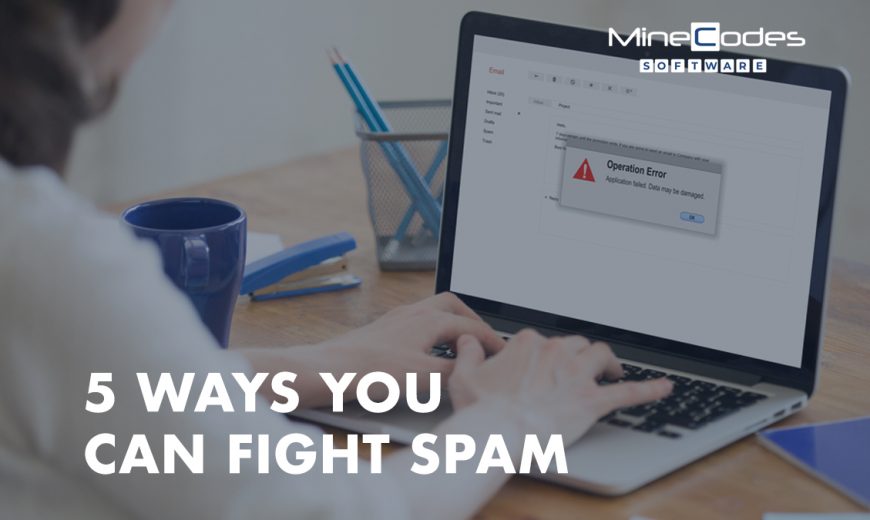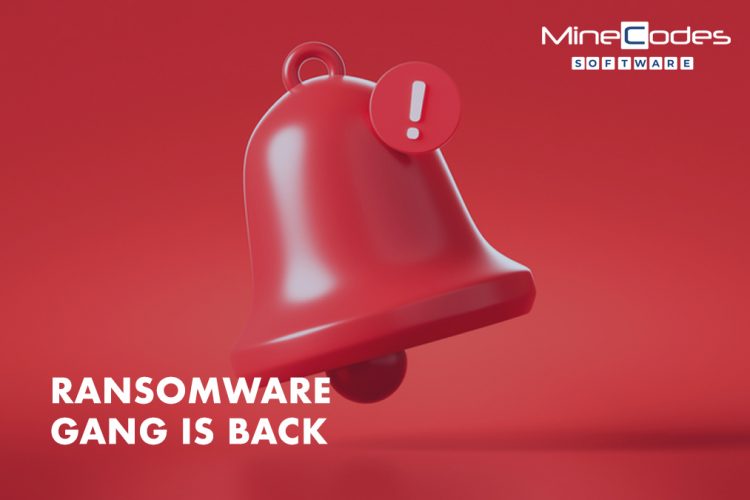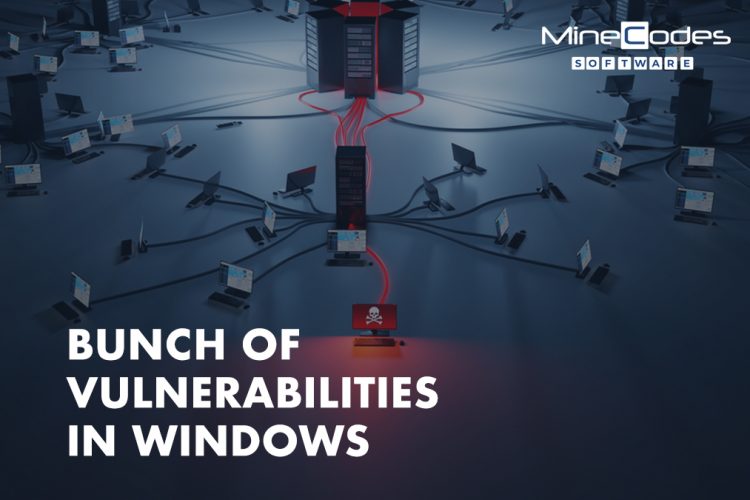
Email, or electronic mail, is one of the simplest and most convenient ways to communicate information and data with others. It is, nevertheless, normal to get information or emails with harmful attachments or questionable statements. Some email service providers filter and designate such suspicious emails with the word “SPAM” in the subject line, signalling to the receiver that the email is either junk mail or an unwanted email with questionable content sent to a large number of recipients. When recipients click on links in spam emails, they may be sent to phishing sites or sites that download malware to the victim’s computer.
It’s not surprising that the majority of us have received countless spam emails in our inboxes, and believe it or not, your online conduct contributes to the spam you get. Here are five easy methods to protect yourself online and combat spam:
- Never give out or publicly disclose your email address.
It’s important to realize that anybody may use the Internet. That implies spammers are also prowling on the Internet, looking for available email addresses to send spam to. If you make your email address public, people can send you spam or, worse, hack your account if you use a weak password. - Before you click, consider what you’re doing.
Due to the content of genuine emails, your email service provider’s automatic email filter may incorrectly label them as spam email (e.g. the email contains a hyperlink). Spammers, on the other hand, are the ones who send emails tagged as “SPAM” or forwarded to your spam folder. Spam communications frequently contain offers of low-cost prescription prescriptions, promotions for new treatments, and updates on the status of goods from shipping firms. Make cautious to read the contents of spam emails carefully before opening attachments (even if they appear to be harmless text or picture files) or clicking on hyperlinks. In such emails, avoid downloading any material that has been banned by your email service provider. - Spam communications should not be responded to.
Spam communications are almost often harmful emails received from unknown sources. These sources might be hackers attempting to get access to their victims’ systems. Never react to spam messages since this informs the spammer that the email address is active, increasing the likelihood that your email will be spammed on a regular basis. - Anti-virus and spam filtering software can be downloaded.
Spam filtering software and anti-virus software can assist you in scanning emails for viruses. If you get emails that contain malware, the harmful information will be quarantined and you will be unable to open it. This reduces the chances of your machine being infected by malware-infected emails. As a result, look for spam filtering solutions and anti-virus software that have these functions to alleviate the pain of having to decode email contents. - Use your work or personal email address instead.
When entering any online contest or service, such as applications, offer updates, etc., do not use your personal or corporate email address. Many spammers keep an eye on these groups or emailing lists for new email addresses to harvest.
There are several strategies to prevent being a spam victim. The most essential thing to remember is to be cautious while opening emails. Always double-check that the emails you open are from reputable sources and do not appear suspicious.
” This blog offers generic information. By no means, it is professional advice. The information aforementioned is believed to be factually correct. The information provided is solely based on the author’s judgment and is subject to change. This is not endorsed by any 3rd parties or other brands.”
#PersonalEmail #AntiVirus #Phishing #SpamEmail
Article Credits –
csa.gov.sg



